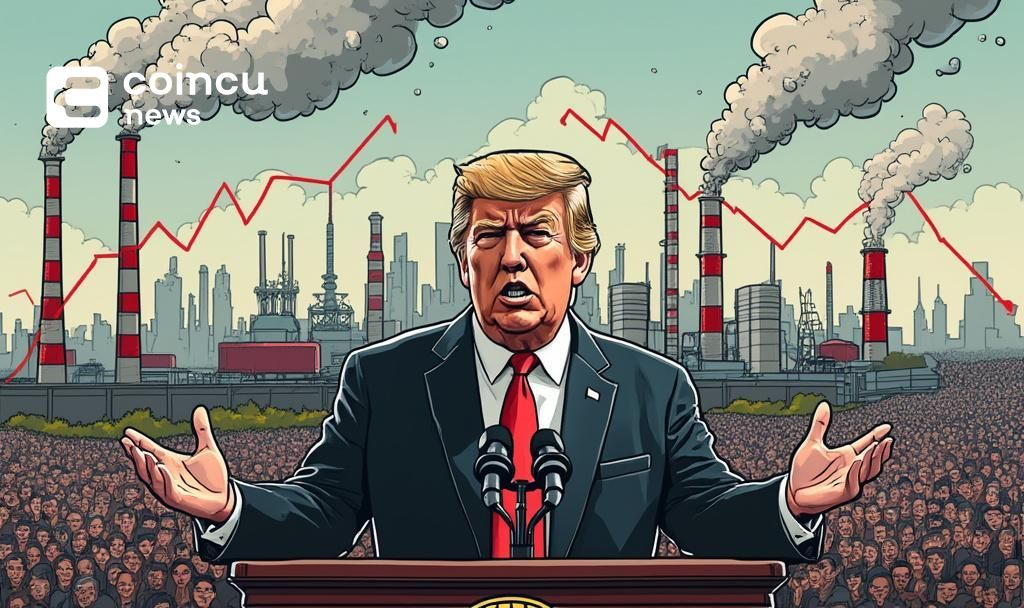- President Trump announces increased tariffs on steel and aluminum imports.
- New 50% tariffs take effect June 5.
- Move aims to bolster the U.S. steel industry.

In a move impacting international trade, President Donald Trump declared that tariffs on steel and aluminum imports will double starting June 5, 2025. The pronouncement came during a rally in Pittsburgh, Pennsylvania.
The decision to raise tariffs from 25% to 50% strategically targets the protection of the domestic steel sector. According to President Trump, this development will “further secure the steel industry in the United States.”
Trump’s 50% Tariff Hike Targets Domestic Steel Strength
President Trump’s announcement to elevate tariffs on steel and aluminum followed his administration’s review of the existing tariffs. Karoline Leavitt, the White House Press Secretary, confirmed the action will become effective on June 5. The goal is to enhance U.S. industry competitiveness by countering international pricing pressures.
This tariff adjustment marks a significant policy shift, aiming to fortify domestic industries. Global steel markets may face tighter supply dynamics, potentially increasing prices. Import-dependent sectors face imminent cost concerns, potentially leading to price adjustments for end consumers.
Historical Tariff Trends and Price Implications for U.S. Markets
We’re going to bring it from 25% percent to 50%—the tariffs on steel into the United States of America—which will even further secure the steel industry in the United States. Nobody’s going to get around that.
Did you know?
A similar tariff action in 2018 led to an immediate increase in domestic steel prices, which had a temporary positive impact on U.S. steel producers’ stock prices.
Historically, tariffs have been used as protective measures for domestic industries. The steel tariffs implemented in 2018 offer a relevant precedent, where initial price surges were observed. Analysts anticipate similar short-term price hikes, though longer-term effects are debated.
As producers weigh these adjustments, increased costs may stir some inflationary pressures. Regulators will likely monitor any resulting trade disputes and industry responses closely. Experts suggest that robust dialogue may help mitigate potential global market disruptions, emphasizing diplomacy in future trade negotiations.
Source: https://coincu.com/341442-bitcoin-market-reacts-trump-tariff-announcement/